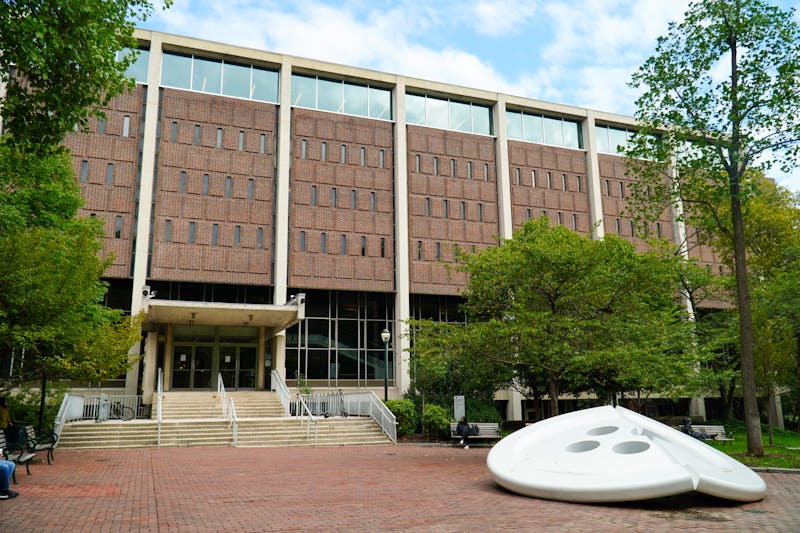Penn Libraries hosted an event featuring Psychology professor Nicole Rust to discuss her new book centered on approaches to studying brain conditions.
The book — “Elusive Cures: Why Neuroscience Hasn’t Solved Brain Disorders—and How We Can Change That” — was published in June 2025 and focuses on scientists’ approach to researching brain conditions over time. During the event, Rust discussed a new method for researchers to change their processes and successfully discover cures to brain conditions.
Rust began her talk by discussing the first chapter of her book, which analyzes the story of Carol Jennings. Jennings faced Alzheimer’s disease and “changed the course” of Alzheimer’s research by hypothesizing her family’s genetic tie to the condition.
“There are so many remarkable components to that story, but I think it also captures where we are today with these classes of conditions we’re having a hard time figuring out and treating,” Rust told The Daily Pennsylvanian. “That story doesn’t have a happy ending yet.”
During the event, Rust explained that inheriting specific genes can lead to an increased, or in the case of a few rare genes, an “exceedingly high probability” that the patient will develop Alzheimer’s. Aside from these methods, scientists are still unsure about what contributes to a patient developing the condition.
Rust explained that researchers have been viewing the brain as a “domino chain” — when one component doesn’t work, the chain breaks. In the 1990s, scientists’ mindset was to “find the broken domino so we can go in and repair it.”
Rust advocated for a different mindset where the brain is seen as a system of “feedback loops” instead, where “causes … lead to effects that feed back as causes.”
Psychiatry resident Farid Aboharb attended the talk and shared his reactions with the DP.
“I was very interested to hear … what she sees as the path forward for connecting what’s going on now and how we need to shift our thinking so that we can start making better progress towards translating some of the things we’ve learned into cures for patients,” he told the DP.
Engineering graduate student Serene Feng told the DP that the clinical implications of Rust’s book — “that science is viewing treatments wrong” — drew her in.
“I think going forward I kind of want to think more in terms of systems and not oversimplifying things,” she said.
College senior Michael Go took Rust’s Introduction to Neuroscience course in his first year at Penn. He found the difference between Rust’s neuroscience pedagogy — which at the university level still focuses on the “domino” idea — and the ideas in the book “very interesting.”
“My own professor was teaching it in a different sort of way, which now she completely opposes,” he told the DP in reference to Rust.
Rust is currently transitioning from her former research on memory and vision to studying mood. After completing her Simons Foundation Fellowship, she plans to return to Penn and teach a class on emotions in fall 2026.
